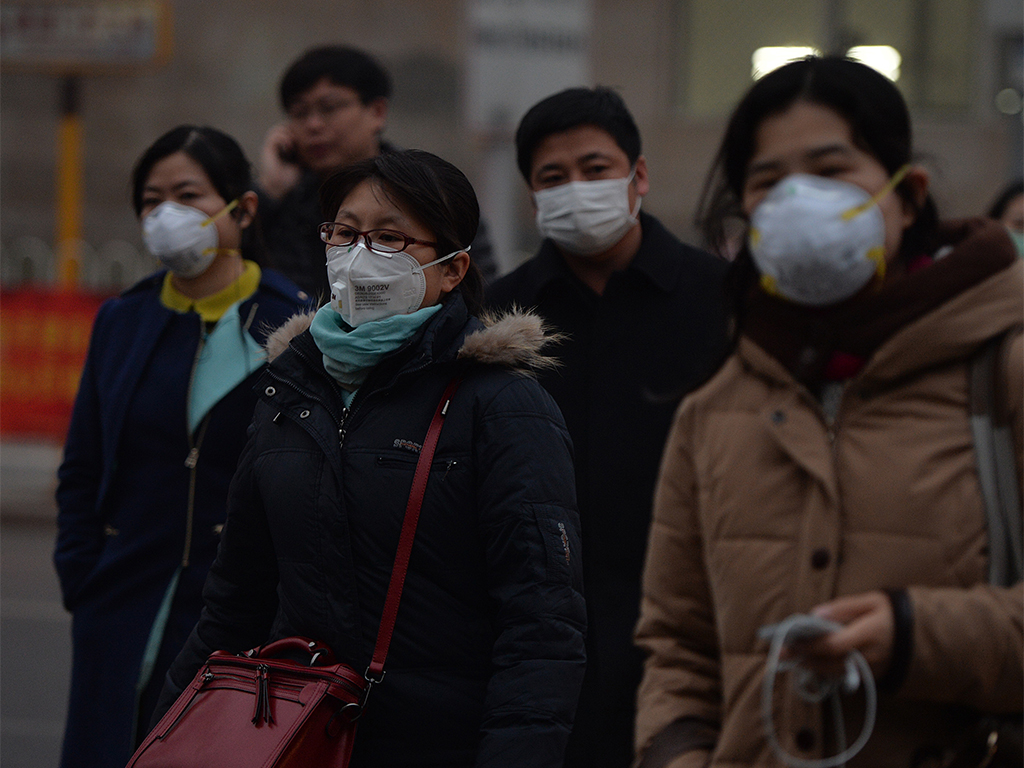Panasonic offers Chinese workers pollution compensation
The Japanese electronics giant has offered to pay its Chinese workers a pollution-related wage premium as a number of major firms promise to raise wages back home

The big pollution problem: Japanese electronics giant Panasonic is to offer its Chinese workforce a pollution-related premium on top of their base salary, though the pay rise will only apply to expatriates
The severity of China’s pollution problem has prompted Japanese electronics giant Panasonic to offer its Chinese workforce a pollution-related premium on top of their base salary. The deal is thought to be the first of its kind and comes shortly after an associate professor at China Agricultural University College of Water Resources and Civil Engineering likened the country’s smog to a “nuclear winter”.
Earlier this month, China’s vice-minister of environmental protection Wu Xiaoqing revealed the true extent of the damage when he revealed that 71 of 74 Chinese cities surveyed by his department had failed to meet state pollution standards through 2013 – amounting to 96 percent. Many of China’s major cities to this day remain cloaked in a thick smog, and require that residents and workers wear masks to protect against health hazards.
71 of 74 Chinese cities surveyed by his department had failed to meet state
pollution standards
The pollution premium will come into being as soon as April and is reportedly set to increase base pay by 2,000 yen ($19.50) a month for every worker.
Although Panasonic employs some 70,000 workers in China, the pollution-related pay rise – otherwise termed ‘hardship pay’ – will only apply to expatriates, and comes as a number of major Japanese companies have promised to bump up their wages ahead of April’s sales tax hike.
The move should be seen as an instant response to Abe’s so-called ‘war on pollution’ and on-going pressure put on major Japanese firms to raise wages.
A number of Japanese firms, amongst them Toyota, Toshiba, Panasonic and Hitachi, promised to boost employee salaries come April to protect against the economic slowdown that could ensue as a result of the sales tax rise – up from five to eight percent.
Toyota has promised to raise employee wages by an average of 2,700 yen ($26) a month along with a bonus worth 6.8 months of pay, whereas Nissan promised a larger 3,500 yen ($34) hike and a lesser bonus worth 5.6 months of pay. Although the amounts in themselves appear minimal, it signals an important step for Japanese consumers, many of whom, have worked for years without the slightest sniff of a rise to speak of.
Japan’s consumer confidence dropped sharply in February – 38.3 as opposed to 40.5 a month previous – and higher wages are believed to be the single most important influencer in spurring consumer spending and protecting against deflation.













